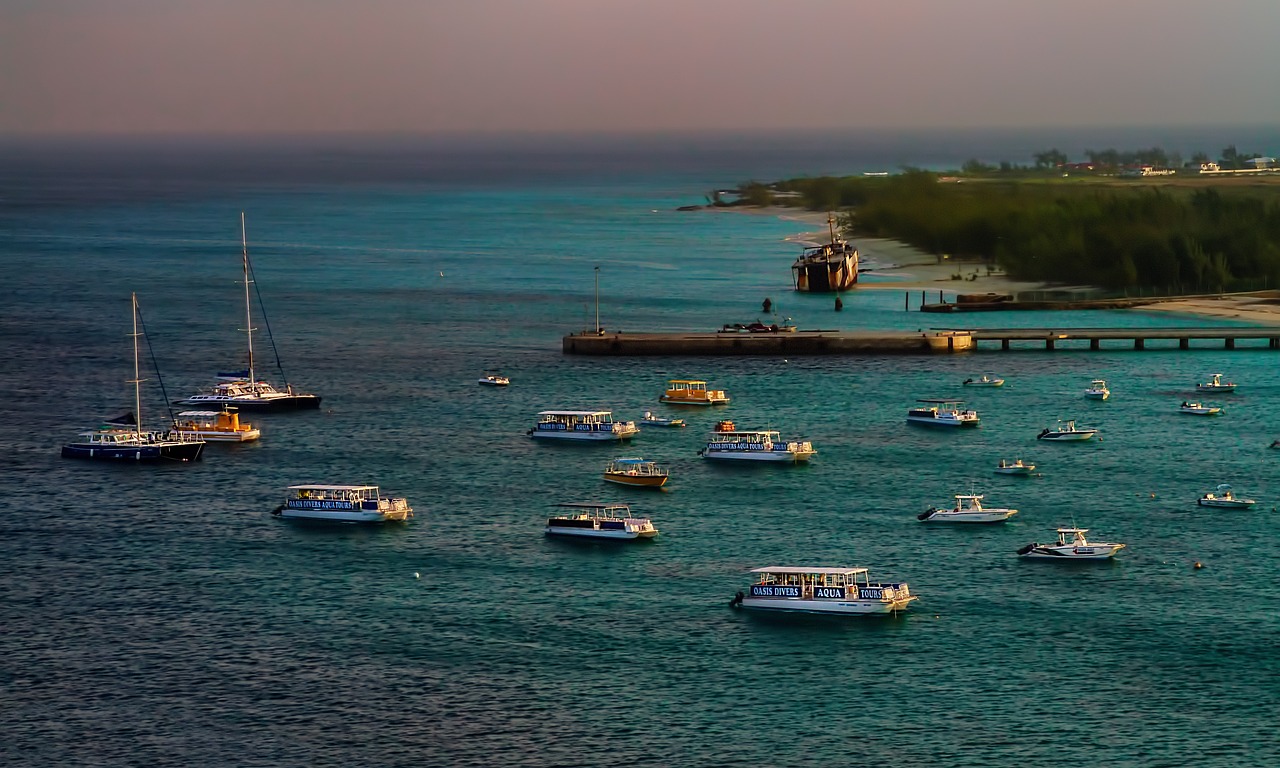Net profit was $19.6 million (-70.5%)
The company d’Amico International Shipping (DIS), which has a fleet of 31 MR and LR1 tankers operated through its operating subsidiary d’Amico Tankers, concluded the second quarter of this year with time charter base revenues of $87.8 million, down -37.1% from the same period in 2024. EBITDA was nearly $39 million (-54.2%), EBIT was $22.6 million (-67.9%), and net profit was $19.6 million (-70.5%).
Commenting on the company’s performance in the second quarter of 2025, the CEO of DIS, Carlos di Mottola, explained that, “overall, DIS continued to benefit from a favorable market context, supported by persistent disruptions in trade flows, limited fleet growth, and evolving oil transportation routes. The circumnavigation of the Cape of Good Hope, resulting from hostilities in the Bab-el-Mandeb Strait, and the European sanctions on Russian oil – noted di Mottola – have profoundly altered trade routes, increased average voyage distances, and supported demand measured in ton-miles. The increase in the number of ships sanctioned by the governments of the United States, United Kingdom, and European Union is instead significantly reducing the fleet available for legitimate trade. In this context, on July 18, 2025, the European Union adopted one of the most severe sanction packages so far – establishing a dynamic cap on the price of crude oil initially set at US$ /barrel (subject to semi-annual review), excluding an additional 22 Russian banks from the SWIFT system, and targeting 105 tankers of the so-called ‘shadow fleet’, as well as the entities that facilitate their operations. Furthermore, starting from January 2026, a ban on the purchase of refined products obtained from Russian crude oil will come into force. Despite the high geopolitical risk and short-term volatility – factors that have so far supported freight markets – we believe the fundamentals of the sector remain solid. The growth in global oil demand has shown signs of slowing, due to weak macroeconomic conditions and increased trade tensions. However, according to the International Energy Agency (IEA), oil demand is set to increase by 0.7 million barrels per day in both 2025 and 2026, after an increase of 0.8 million barrels per day in 2024. Meanwhile, oil supply from non-OPEC countries is growing and OPEC+ has accelerated the process of unwinding voluntary cuts, effectively restoring almost 80% of the cuts by August, well ahead of schedule. The oil market – concluded di Mottola – could therefore be heading towards a phase of oversupply, with a potential configuration of the forward price curve in ‘contango’, a scenario historically favorable for the tanker sector.





